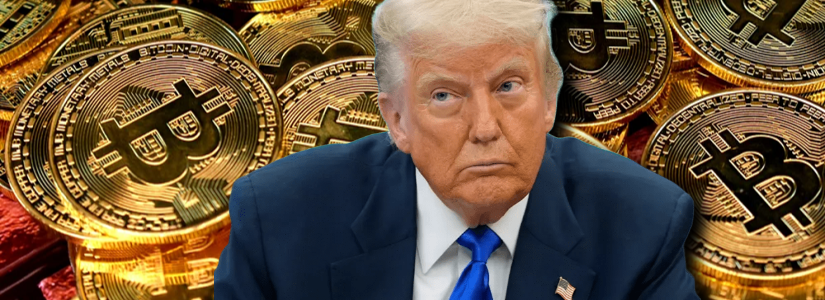TL;DR
- Twelve Democratic senators are pushing a seven-pillar framework to regulate the crypto market, giving more power to the CFTC and imposing new obligations on exchanges and custodians.
- The plan requires all platforms in the U.S. to register with FinCEN, extends anti-money laundering controls, and singles out the DeFi sector as a risk.
- The proposal also includes a ban on interest generated by stablecoins and ethical restrictions for public officials.
A group of twelve Democratic senators introduced a seven-pillar framework to regulate the crypto market in the United States, marking their party’s most ambitious attempt yet to undermine the financial freedom of an industry worth nearly $4 trillion.
The proposal seeks to standardize token classification, assign regulatory authority, impose obligations on issuers and platforms, and implement a stricter supervisory regime over the DeFi sector.
Project Implications
The plan would grant the Commodity Futures Trading Commission authority over spot markets for assets not classified as securities. At the same time, it would establish a mechanism for the Securities and Exchange Commission to determine which tokens should be treated as securities. Issuers would have to comply with specific disclosure requirements, and exchanges and custodians would be subject to crypto-specific rules that include anti-manipulation standards and additional consumer protection obligations.
One of the toughest measures is the requirement for all platforms serving U.S. users to register with FinCEN as financial institutions. That would extend Bank Secrecy Act oversight to crypto market intermediaries, along with anti-money laundering rules and international sanctions compliance.
The text identifies the DeFi market as a money-laundering risk and calls for new oversight tools, although it does not clarify whether the registration requirement would also apply to teams developing protocol software. This ambiguity contrasts with the Republican proposal, which explicitly protects developers.
The framework also aims to ban stablecoin issuers from paying interest or yields, even indirectly through affiliates. Another section introduces strict ethical restrictions: it would bar elected officials and their families from launching or profiting from crypto projects while in office and require them to disclose their holdings. Democratic senators accuse Donald Trump of using his position to profit from digital asset ventures, labeling such practices as corruption.
A Setback for the North American Crypto Market
The proposal directly clashes with the Clarity Act, the Republican initiative that already passed the House of Representatives with 294 votes in favor. Both projects agree on defining regulatory authority and providing legal certainty, but they diverge on legislative speed, DeFi oversight, and ethical rules.
Republicans are pushing for swift approval, while Democrats insist on lengthier negotiations. The standoff creates an uncertain outlook: after years of deadlock, Congress seems closer to reaching a deal. However, what once looked like progress now risks becoming another round of regulation that could suffocate innovation













